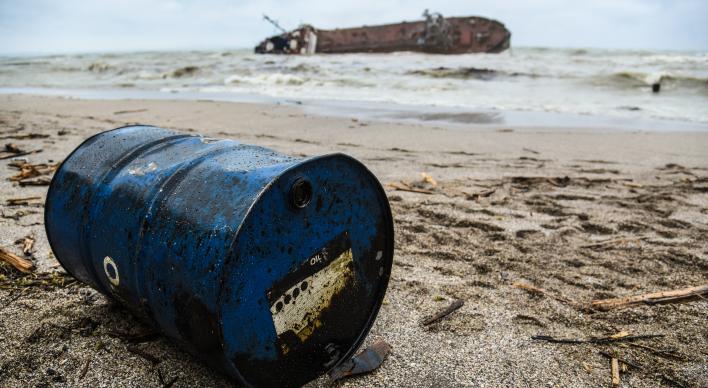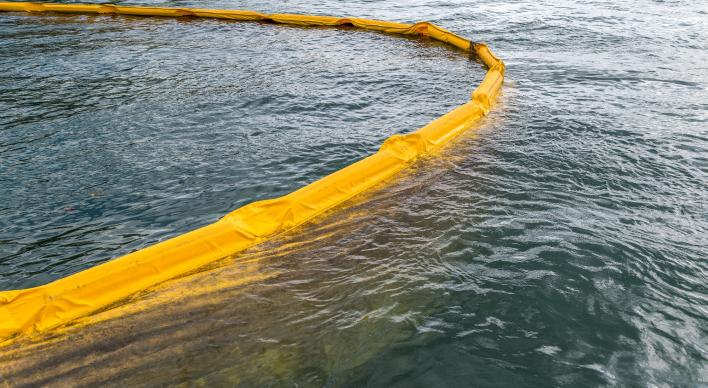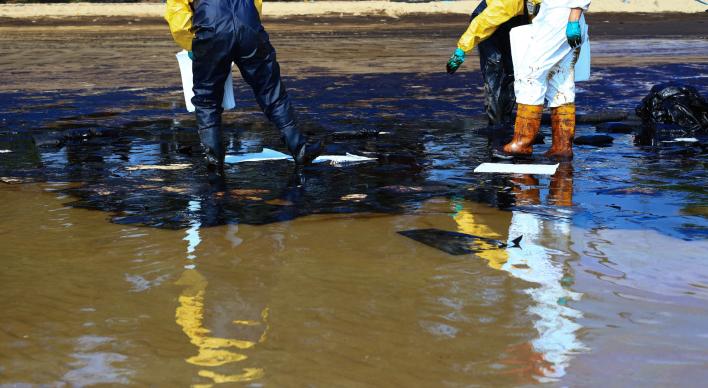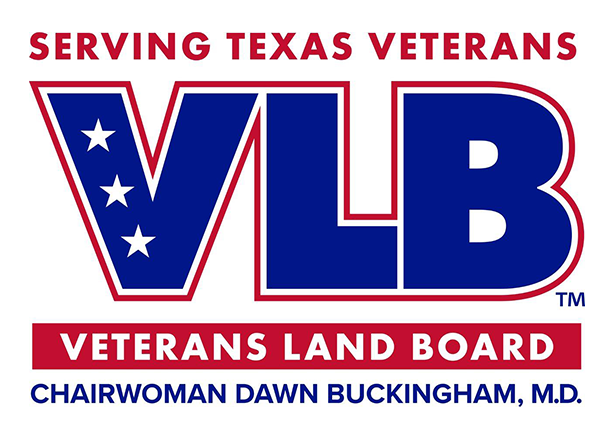Derelict Vessel Removal from Texas Coastal Waters
The Oil Spill Prevention and Response Act of 1991 (OSPRA) authorizes the General Land Office (GLO) to remove and dispose of abandoned and derelict vessels in Texas coastal waters. Texas law states a person may not leave, abandon or maintain a vessel in or on coastal waters, on public or private lands, including public and private docks, if the vessel is in a wrecked, derelict or substantially dismantled condition and the vessel is found to be
- Involved in an actual or threatened discharge of oil;
- A threat to public health, safety or welfare;
- A threat the environment;
- A navigation hazard
Although the GLO is authorized to remove abandoned vessels, the agency is not required under law to do so. Sec. 40.108 (f) Natural Resources Code states there is not a duty imposed on the state to remove or dispose of a vessel or structure or to warn of a hazardous condition on state land.
The GLO does not receive dedicated funding to remove and dispose of derelict vessels. Depending on the size, type and placement of vessel, removal and disposal costs can be more than $1,500 a linear foot. The Oil Spill program follows mandated legal procedures for vessel removals, working cooperatively with Texas Parks and Wildlife Department to determine ownership and provide notification of abandoned vessels.
To address the growing derelict vessel problem, the Oil Spill program uses a multi-faceted approach which focuses on using agency assets, administrative authority and combining resources with other local and state entities. The primary and most desirable vessel removal strategy is to locate and require a vessel owner to dispose of their own unwanted boat, preferably before it lands in coastal water.
The GLO’s “Vessel Turn In Program” (VTIP) is an event-based program that combines both local and state resources to allow owners to relinquish unwanted boats at no charge. Since VTIP’s inception, the TGLO has coordinated 46 events in Galveston, Brazoria, Calhoun, Aransas, Matagorda, Orange, Harris, Chambers and Jefferson counties as well as the cities of Corpus Christi, Galveston, Port Isabel and Ingleside. VTIP partnerships have resulted in 1,820 boats and 3,678 gallons of fuel safely disposed. Representing the removal of more than 29,547 linear vessel feet, VTIP demonstrates a projected cost savings of $20.6 million for state and local governments.
The GLO also works cooperatively to create partnerships with local entities so that the GLO assumes the administrative responsibility for vessel removal and the local entity supports the removal costs. In certain instances, the Oil Spill program may use spill response equipment and personnel to remove small vessels when a no-cost disposal option is available.
Lastly, the Oil Spill program seeks out funding resources for contracted vessel removal and disposals. However, dedicated funding for vessel removal and disposal is not a part of the GLO budget.
Most importantly - Persons considering boat ownership should have a salvage plan before buying a boat as well as familiarize themselves with the costs, registration and maintenance procedures that responsible boat ownership entails.
Vessel Registration & Vessel Search

VESSEL SEARCH
To search for vessels contained within the Texas General Land Office Oil Spill database, please enter any part of the Vessel Name or Vessel Number.

VESSEL RESPONSE PLAN REGISTRATION
International law states all cargo, passenger or other vessels that are greater than 400 gross tons must prepare a Shipboard Oil Pollution Emergency Plan.

DERELICT VESSEL NOTICES
Browse the current listing of Derelict Vessel Notices, and execute all necessary actions to take possession of, and inform the GLO to be removed from this list.
Opportunities for Partnerships to Reduce Vessel Removal Costs
Coasts associated with derelict vessel removal can burden public entities and Texas taxpayers. Through partnership agreements, the Oil Spill Prevention and Response program offers opportunities for public and private organizations to financially support the removal of derelict and abandoned vessels.
Contact Us
If you have a question about the coastal program, find the right office in our GLO Agency Directory.
GLO AGENCY DIRECTORY







